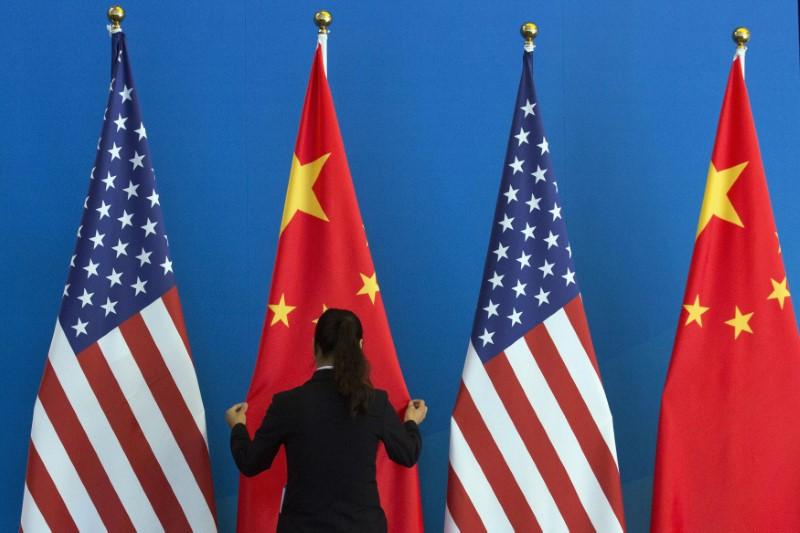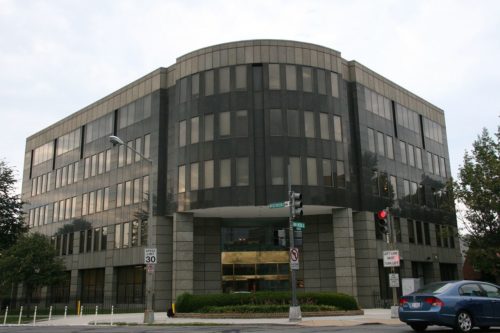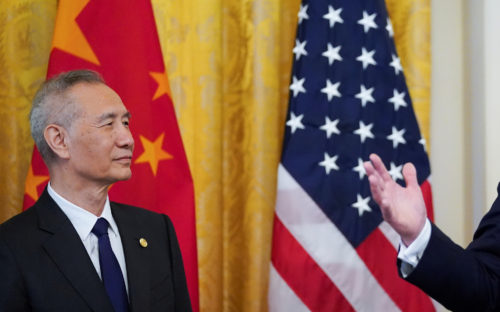Trade war, day 111: Companies buckle up for supply chain shifts

Bloomberg listened in to the recent earnings calls of a dozen Western companies that have supply chains in China. What it found (porous paywall) is that these companies, which sell products ranging from apparel to maintenance equipment to shoes, are all “ready to relocate supply chains if the cost of importing Chinese goods becomes prohibitive.”
- Southeast Asia was a region some companies said they were looking to expand supply chains into, but many others did not specify where. Only one out of the dozen indicated that the U.S. was vaguely an option for supply chain reinvestment: W.W. Grainger Inc.’s CEO said, “if it’s shifted, it could go either to India, to Mexico or to the U.S., depending on the nature of the product.”
- Similar to the Chinese companies that media spoke to at the Canton fair earlier this month, not all of their products are under tariffs yet, but they anticipate that they are likely to be caught up in higher border taxes by the end of the year (as threatened by the Trump administration).
A couple other notable stories on U.S.-China relations and the trade war:
- Facebook and Twitter contradicted Trump about his claim that China was “interfering” in the upcoming midterm congressional election in the U.S. Bloomberg says (porous paywall) that while the social media giants have reported disinformation campaigns on their sites originating from Russia and Iran, none have been traced to China.
- Three cybersecurity firms — FireEye Inc., Symantec Corp., and Crowdstrike Inc. — all also said they “haven’t seen evidence of digital interference by China,” Bloomberg notes.
- Though the China International Import Expo in Shanghai, a first-of-it-kind event, will feature “more than 2,800 companies from 130 nations” including the U.S., the Trump administration will send no high-level representative to the event, AP reports.
More trade war and U.S.-China related news:
- Who’s afraid of artificial intelligence?
The AI cold war with China that could doom us all / Wired
“Meanwhile, as Beijing began to build up speed, the United States government was slowing to a walk. After President Trump took office, the Obama-era reports on AI were relegated to an archived website. In March 2017, Treasury secretary Steven Mnuchin said that the idea of humans losing jobs because of AI ‘is not even on our radar screen.’ It might be a threat, he added, in ‘50 to 100 more years.’ That same year, China committed itself to building a $150 billion AI industry by 2030.”
“But if the Trump White House was relatively slow to grasp the significance and potential of AI, it was quick to rivalry. By midsummer, talk of a ‘new cold war arms race’ over artificial intelligence was pervasive in the US media.” - Rare earth metals
China cutting rare earth output, unnerving global manufacturers / Reuters
“For the second half of 2018, China’s quota for rare earth separation and smelting has been cut 36 percent, an attempt to better control the market, according to Adamas, a research firm that closely tracks the rare earths industry.” - Lessons from Sinochem and ChemChina merger
A stealth merger in China should concern investors / FT (paywall) - Currency concerns
The Chinese yuan is going to get weaker in the next 6 months, says Goldman Sachs / CNBC - Commentary
Kevin Rudd on the US-China trade war / FT (paywall)
“I think we’re looking at a fundamental shift” from engagement to “strategic competition” between the U.S. and China, the former PM of Australia says on this FT podcast. - Universal Postal Union
U.S. threat to retreat from postal union to have minimal impact on China, analysts say / Caixin (paywall)
Previously in The China Project’s trade war coverage:
Trade war, day 110: Unintended consequences and ‘self-reliance’






